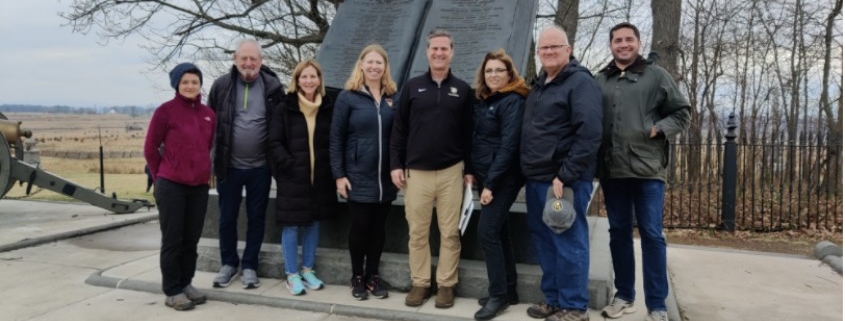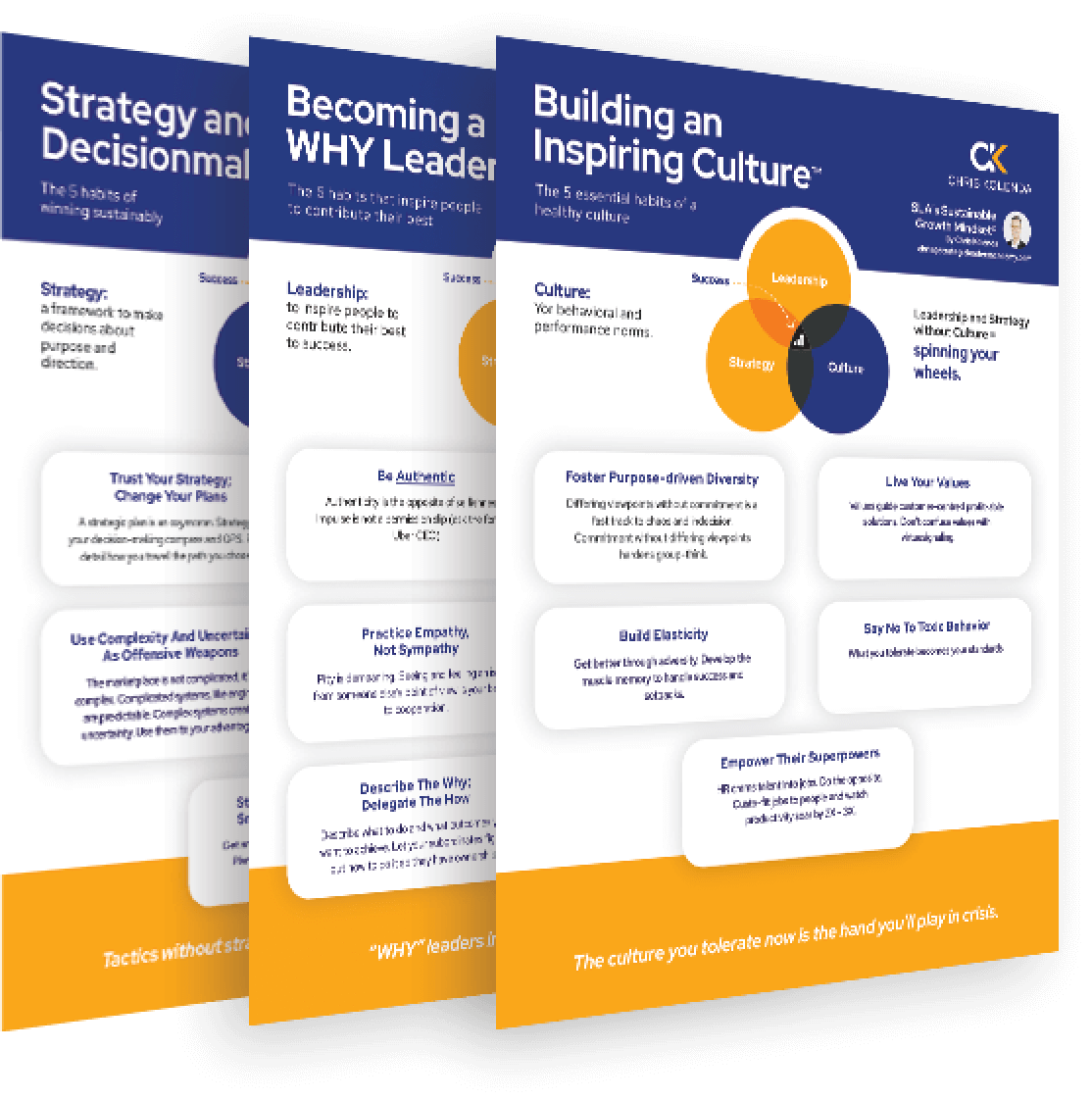How Inhaling your own Fumes Damages your Decision Making: Plus ways to Bring in the Fresh Air
Personal climate change subtly undermines your decision-making, sending you into drift as you inhale your own fumes and enjoy the aroma.
Personal climate change subtly undermines your decision-making, sending you into drift as you inhale your own fumes and enjoy the aroma. Until you allow in the fresh air, you will think the increasingly toxic fumes are normal.
Decision-making was a hot conversation topic during last week’s leadership event at Antietam and Gettysburg. Union General McClellan habitually inflated confederate strength, which caused him to move with an abundance of caution and attack in the most risk-averse manner he could conceive. He lost an opportunity to win the war in September 1862, instead of presiding over the bloodiest day in American history.
Less than a year later, confederate general Lee invaded the Union again hoping to win a big victory and force the Union to sue for peace. The strategy relied on assumptions so flawed that even a big victory would have been inconsequential. Lee believe his army was invincible and attacked a larger Union force that occupied better terrain. After two days of bloody and inconclusive fighting, Lee ignored sensible advice from one of his subordinates and ordered the disastrous Pickett’s charge. The picture below is from the High Water Mark.

We see the consequences of people becoming accustomed to their own fumes. People shout at one another from ideological silos. We elect idiots to Congress. Putin surrounds himself with sycophants who have a vested interest in pleasing the boss. He gets a green light from China, which is interested in seeing how the West reacts to the invasion of Ukraine as China set its crosshairs on Taiwan.
Former Afghan president Ashraf Ghani continued to believe that America would leave troops in the country until the final moments. When the scales finally fell from his eyes, he fled and left people to fend for themselves (Ukraine’s Zelensky is a welcome distinction). President Lincoln, by contrast, surrounded himself with people who thought differently than he did and would provide alternative views. Lincoln wrote the Emancipation Proclamation in July 1862 as part of his effort to reframe the war from preserving the Union to freedom versus slavery.
Secretary of State Seward counseled waiting. Union forces had suffered recent setbacks, and European powers considered recognizing the confederacy. Issuing the Proclamation in the wake of defeats would be seen as desperation at home and abroad. Lincoln accepted the logic and waited until after Lee’s invasion of Maryland had failed. The Emancipation Proclamation gained sufficient support at home and ended European considerations of confederacy recognition.
Action steps:
1. Get outside points of view from people who are willing to tell you hard truths. You might not always take their advice, but they will keep you breathing the fresh air.
2. Test your assumptions by asking yourself: “what must be true for this plan to work.” You’ll reveal implicit assumptions that you can evaluate for validity.
3. Participate in mastermind groups of like-minded people who help you stay true to your purpose, push you to be your best self, and remind you when your fumes start smelling too good.
Also – I invite you to join my online forum Chris Kolenda’s Sustainable Growth Mindset ®. I post unique thought leadership there nearly every day, using historical and world events to boost your imagination about growth and innovation. It’s free for you and you can sign up here.


